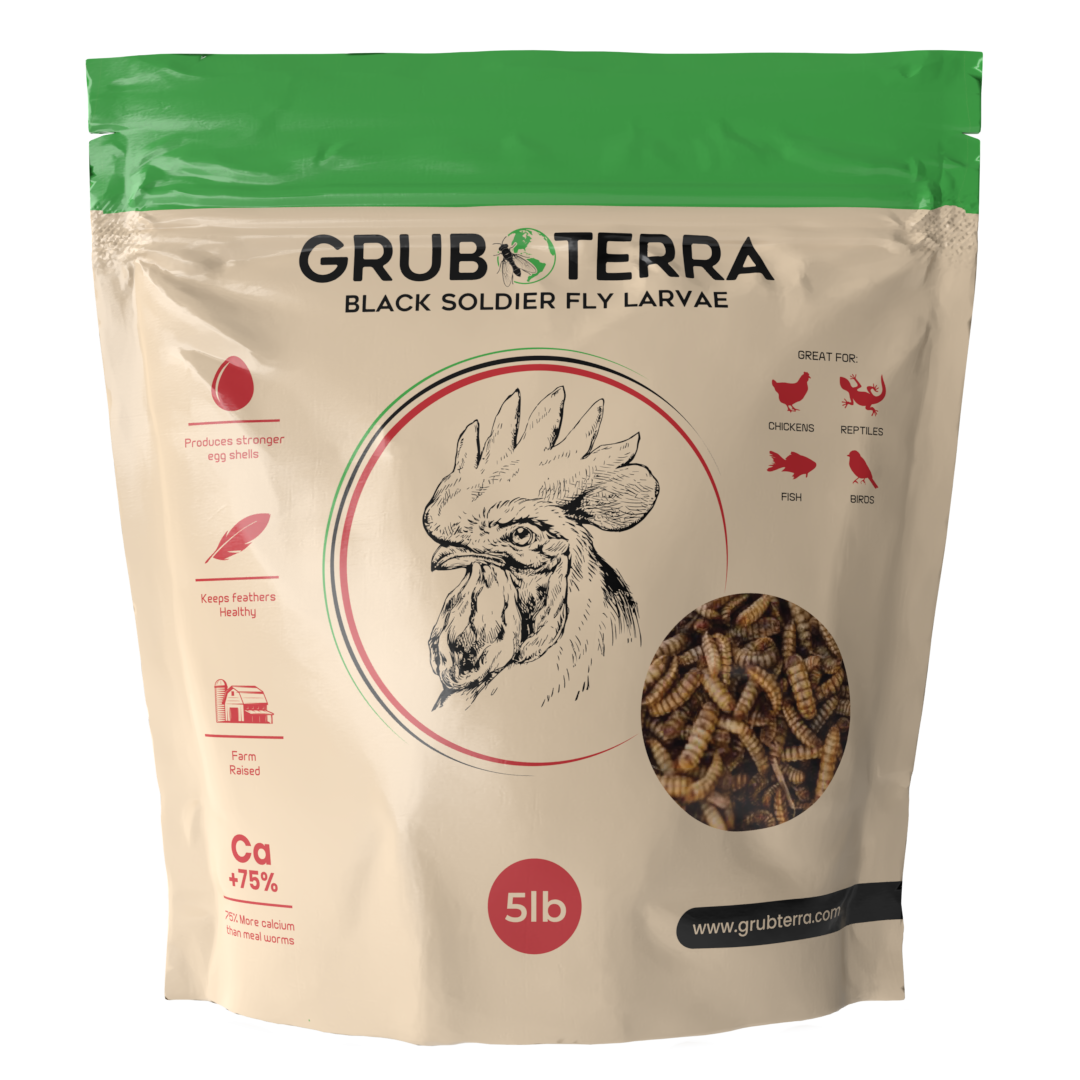Introduction
Caring for your chickens involves more than just providing them with basic feed; it's about enriching their diet with healthy treats that cater to their nutritional needs. While it's tempting to share various human foods with your feathered friends, it's crucial to know which treats are beneficial and which could harm them. Here's a comprehensive guide to the top nutritious treats your chickens will adore, along with the benefits and essential precautions, inspired by insights from GrubTerra.
Healthy Treats for Happy Hens

Almonds: A Protein-Packed Snack
Almonds, including almond butter, offer a high-protein treat ideal for your laying hens. Rich in essential nutrients like calcium, fiber, and vitamins, almonds should be given in moderation to prevent digestive issues. For an extra treat, almond butter can be spread on fruits or made into a fun chicken piñata. For more unique feeding ideas, check out our products at GrubTerra.
Apples: A Crunchy Delight
Apples, minus the seeds and core, provide a refreshing treat packed with vitamins and antioxidants. Ensure to remove any seeds to prevent toxicity from amygdalin, which can be harmful when digested.
Steer Clear of Apricots
It's best to avoid apricots, especially around the tree area, as the pits and leaves contain harmful cyanogenic glycosides, posing a risk to chicken health.
Asparagus: A Vitamin-Rich Veggie
Asparagus, both raw and cooked, is safe for chickens, offering a wealth of vitamins and fiber. However, note that excessive asparagus might affect the taste of eggs.
Avocados: Proceed with Caution
While the flesh of avocados is safe, the pits and skins contain persin, a toxin dangerous to chickens. It's advisable to avoid feeding avocados to your flock to eliminate risks.
Bananas: A Sweet Source of Vitamins
Chickens can safely enjoy bananas, including the peel if cut into small pieces. Bananas are a great source of essential vitamins and minerals, providing a sweet treat for your flock. For more on the benefits of such treats, visit our blog at GrubTerra.
Basil: An Aromatic and Nutritious Herb
Basil not only enriches the diet with its high vitamin and mineral content but also serves as a natural aromatic addition to nesting boxes, offering antibacterial benefits.
Bread: A Treat in Moderation
While fresh bread is safe for chickens, it offers little nutritional value and should only be given occasionally to avoid potential crop blockages.
Beans: Cooked for Safety
Only cooked beans are safe for chickens, as raw or dried beans contain toxic compounds. Cooking neutralizes these compounds, making beans a safe protein source.
Beets: A Heart-Healthy Choice
Beets, along with their greens, are a fantastic treat for chickens, offering hydration and a host of nutrients like fiber, manganese, and vitamins.

FAQs About Chicken Treats
Can chickens eat citrus fruits like oranges and lemons?
- Yes, in moderation. While chickens can eat citrus fruits, their acidic nature means they should be given sparingly to avoid digestive issues.
Is it safe for chickens to eat chocolate or candy?
- No, chocolate and candy are toxic to chickens and should be strictly avoided.
Can chickens have dairy products like cheese and yogurt?
- Chickens can have dairy products in small amounts, but be cautious as dairy can lead to diarrhea.
Are all types of nuts safe for chickens?
- Most nuts are safe for chickens when given raw and in moderation, but avoid salty or flavored varieties.
Can chickens eat raw potato skins?
- Raw potato skins are safe unless they've turned green, which indicates the presence of solanine, a toxic compound.
Conclusion: Nourishing Your Flock with Care
Feeding your chickens involves a balance of their regular feed and healthy treats. By choosing the right snacks, you not only provide variety in their diet but also enhance their nutritional intake, leading to happier and healthier chickens. Always research and introduce new foods gradually to ensure they're safe and enjoyed by your flock. For more insightful tips on chicken care and nutrition, visit our blog at grubterra.com/blogs/news.


